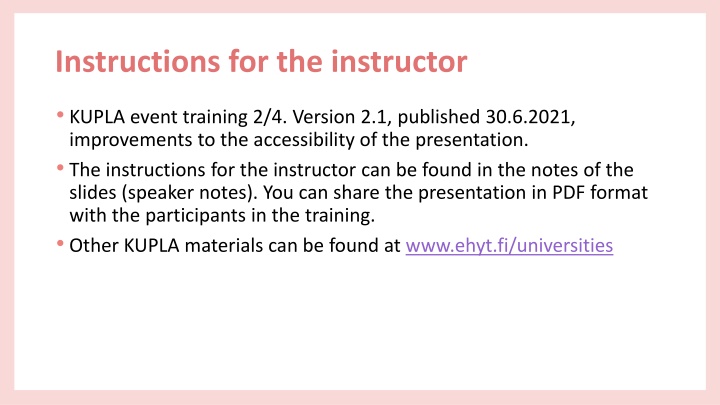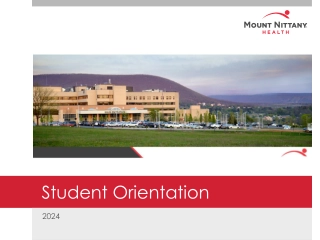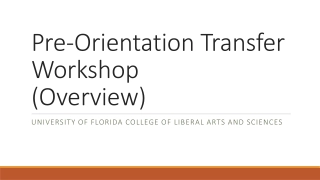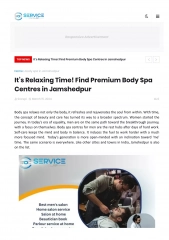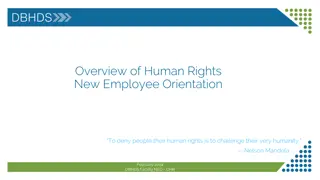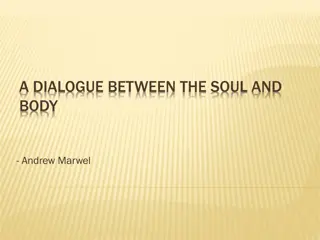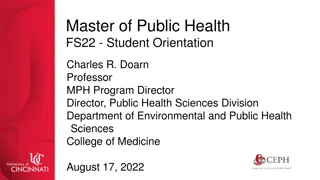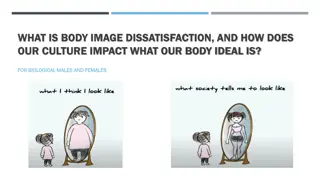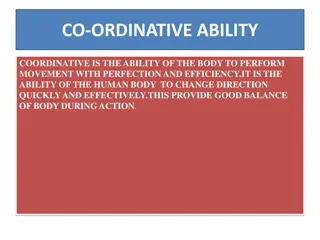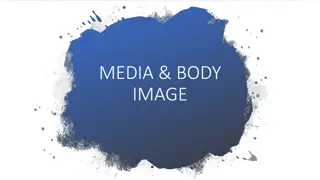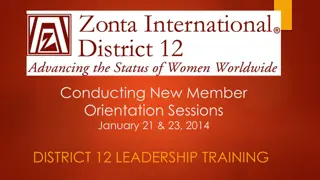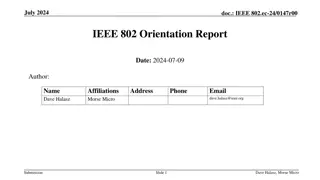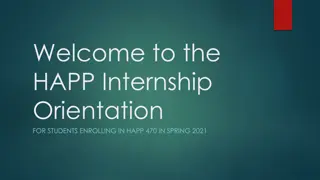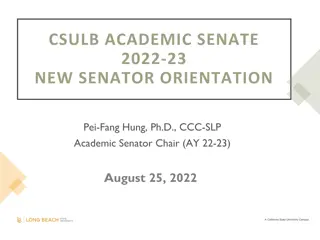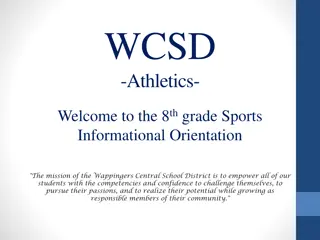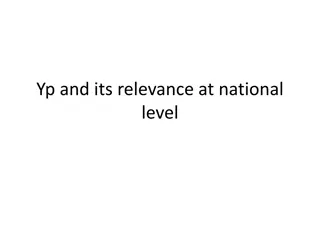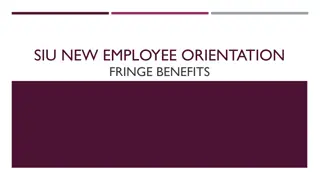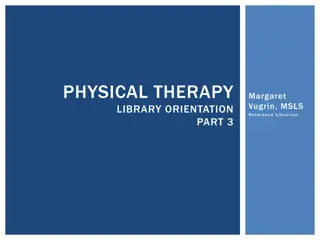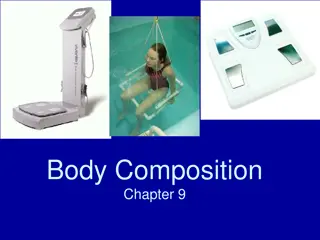The Human Body: An Orientation Background
Understanding the 8 characteristics of life, from being made up of cells to responding to the environment. Explore the significance of genetic code, reproduction, growth, and energy needs in living organisms. Discover how internal balance is maintained despite external influences.
Download Presentation

Please find below an Image/Link to download the presentation.
The content on the website is provided AS IS for your information and personal use only. It may not be sold, licensed, or shared on other websites without obtaining consent from the author.If you encounter any issues during the download, it is possible that the publisher has removed the file from their server.
You are allowed to download the files provided on this website for personal or commercial use, subject to the condition that they are used lawfully. All files are the property of their respective owners.
The content on the website is provided AS IS for your information and personal use only. It may not be sold, licensed, or shared on other websites without obtaining consent from the author.
E N D
Presentation Transcript
Instructions for the instructor KUPLA event training 2/4. Version 2.1, published 30.6.2021, improvements to the accessibility of the presentation. The instructions for the instructor can be found in the notes of the slides (speaker notes). You can share the presentation in PDF format with the participants in the training. Other KUPLA materials can be found at www.ehyt.fi/universities
EVENT TRAINING Concept workshop
Task I m the event coordinator in my organisation. I m not the event coordinator, but my duties include event organisation. I m a novice event organiser. I m an experienced event organiser.
Objectives of the workshop Generate new ideas Work those ideas together Don t be jealous about your ideas there are no two events that are the same
Topics of the workshop What is an event concept? Challenges in participation Quick ideas Idea refinement
Why do we organise events? Something nice to do together Tradition Need for a certain kind of event Other reason, which one? Is there a reason for NOT organising the event?
To whom do we organise events? Members To make the organisers happy Interested people For the benefit of the organisation (e.g. fund-raising)
With whom do we develop events? Other event coordinators Other officials or members of the board Members draw up a member survey to collect ideas and wishes Ask for participant feedback
Event concept Event concept = the event s idea, impression, structure, we do we do here The event concept is not the same as a plan Examples: book club, picnic, academic dinner party, appro
A good event concept Takes the organisers resources into account Takes the needs of the target group into account Safe for the organiser and the participant Interesting and fun, includes a wow factor So good that you would attend yourself
Fall in attendance? Was communication successful, did everyone know about the event? Did the event compete with another event for participants? Price-quality-expectations ratio? What the event s brand was the intended target group and the people who actually were interested?
My organisation finds it easy/difficult to get people to attend our events
People have wished/havent wished for my organisation to organise alcohol-free events
The problem with alcohol-free events They are requested, but rarely attended -> reduces motivation to organise alcohol-free events A common problem?
What do people really want? What are they asking when they ask for alcohol-free events? Events that end earlier than a common night out Meeting people Actually getting to know new people Activities not centred on drinking alcohol and socialising supported by alcohol A space where you don t need to explain not drinking alcohol Safe space
Is an alcohol-free event its own concept? You shouldn t think that an alcohol-free event is its on category of events (cf. international event) The organiser decides if the event is alcohol-free (e.g. because of the venue) or if some alcohol is allowed (e.g. events where it s all the same if you drink or not) Organising a good alcohol-free event is the same as any other event: what matters is the content
Tips for organising an alcohol-free event Content first the event is fully thought through and it shows The event concept is clear Not just an event minus the alcohol Tried and tested ideas: lunch disco, boardgame/videogame nights, trying out sports, dessert appro, discussions etc. Don t make the absence of alcohol a thing
One-minute idea refinement Refine the following ideas into an event concept of max. one sentence. You have one minute per idea. Eating together a dinner with a twist Get to know an organisation/a hobby/a thing X Speed dating at a museum, book club at the pool, activity X at location Y what would you do in a public space? The best events of the city for less than 10 euros Can I talk to you about my field? Clothes, dressing up or sewing
Idea refinement: stage 1 Come up with 1 3 event ideas by yourself or in a small group The ideas must meet at least three of these criteria: The participants get to know each other The participants actively do something, not just observe The idea is so good you would attend yourself Alcohol doesn t contribute to the performance/drinking alcohol is not presupposed The event has a clear idea for what happens/what is done One idea per paper Share ideas that are tried and tested!
Idea refinement: stage 2 Choose one of the following alternatives and use it with an idea you find interesting. Choose someone else s idea, don t concentrate on your own. 1. Refine further: improve, develop or edit the idea 2. Comment: explain what you find good, practical or fun in the idea
Summary You can change culture you decide what student culture is like Peer support is nice an inspiration night for event coordinators? Establishing new event concepts takes at least three events Ask your participants for ideas and feedback
KUPLA Students reforming substance use culture This training is produced by EHYT ry s and Nyyti ry s joint project KUPLA Students reforming substance use culture. The project ran in 2018-2020 Project s partner organisations were SYL, SAMOK, OLL and FSHS. This work is licenced with Creative Commons Attribution 4.0 International licence. To view a copy of this license, visit Creative Commons This training may be used, shared and edited freely, as long as KUPLA is mentioned as the original author. Other material by KUPLA project can be found at EHYT ry s web pages, www.ehyt.fi
